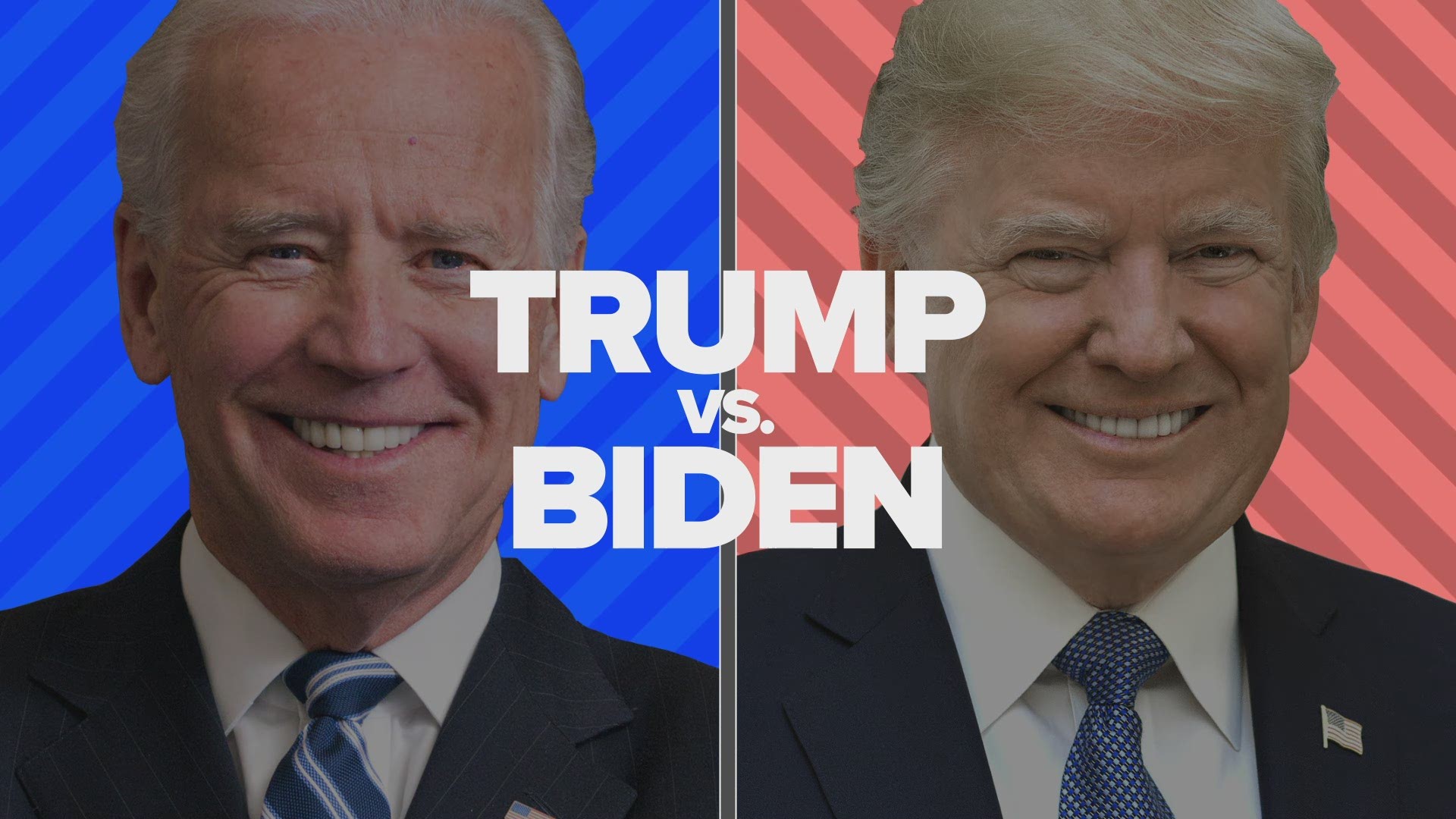In a Rose Garden news conference on July 14, President Donald Trump began criticizing Joe Biden, the presumed Democratic nominee for president. Twitter quickly erupted with tweets that Trump was violating the Hatch Act, a 1939 law restricting political campaigning on the job or in government facilities.
Questions about the Hatch Act again began to surface when the idea of Trump accepting the Republican Party nomination at the White House was first floated as a possibility. President Trump included the White House as one of two sites on his shortlist for where to accept the nomination.
THE QUESTION
Has President Trump violated the Hatch Act?
THE ANSWER
No. The Hatch Act specifically excludes the president and vice president.
WHAT WE FOUND
The Hatch Act applies to “federal civilian executive branch employees,” with rare exceptions, as well as to some state, Washington, D.C., and local government employees whose work involves federally funded programs.
By limiting the political activities of these workers, the law aims to ensure that federal programs “are administered in a nonpartisan fashion, to protect federal employees from political coercion in the workplace, and to ensure that federal employees are advanced based on merit and not based on political affiliation.”
However, the U.S. Office of Special Counsel says the Hatch Act does not cover the president or vice president.
Federal employees are also divided into “less restricted” and “further restricted” categories.
Less restricted employees can “take an active part in partisan political management or partisan political campaigns,” but they can’t use their titles or positions “while engaged in political activity,” pressure workers to take part in campaigns or use politics to interfere in business pending “before their employing office.”
Further restricted employees are usually those working in intelligence or enforcement agencies such as the FBI or Federal Election Commission. They are not allowed to engage in partisan political management or political campaigns.
Other rules, outlined on the Special Counsel website, also limit the political activities of both categories of employees.
Regardless, no other president has given a convention speech or accepted their nomination at the White House.

